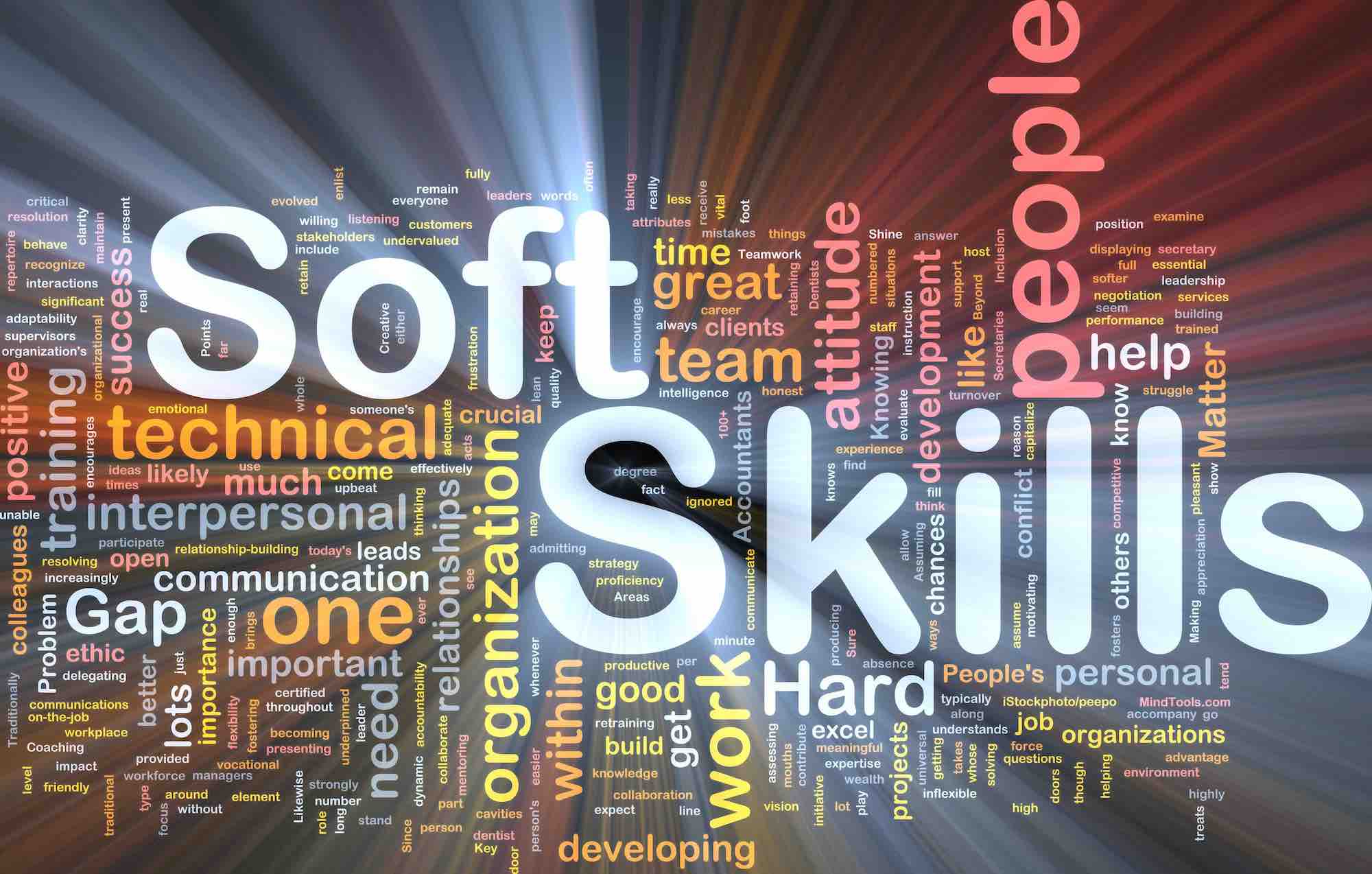
Image Source: Google
Emotional intelligence, often referred to as emotional quotient (EQ), is a critical factor in determining one's success in the workplace. While technical skills are essential for excelling in a specific job role, soft skills such as empathy, communication, and self-awareness play a crucial role in career advancement and overall professional success. In this article, we will explore the significance of emotional intelligence in the workplace and how honing these soft skills can transform your career.
The Importance of Emotional Intelligence in the Workplace
Emotional intelligence is the ability to recognize and understand emotions, both in oneself and others, and to use this awareness to manage one's behavior and relationships effectively. In a professional setting, individuals with high emotional intelligence can navigate complex social dynamics, communicate effectively, and build strong relationships with colleagues and clients. Here are some reasons why emotional intelligence is essential in the workplace:
1. Enhanced Communication
- Individuals with high emotional intelligence are better able to express their thoughts and ideas clearly, leading to improved communication within teams and across departments.
- They are also more adept at active listening, which is crucial for building rapport with colleagues and understanding their perspectives.
2. Stronger Leadership Skills
- Leaders with high emotional intelligence are more empathetic and better able to understand the needs and motivations of their team members.
- They can inspire and motivate others, leading to higher team morale and productivity.
3. Effective Conflict Resolution
- Individuals with high emotional intelligence can navigate conflicts and disagreements constructively, finding solutions that are acceptable to all parties involved.
- They can remain calm under pressure and approach conflict with a problem-solving mindset, rather than becoming defensive or aggressive.
Developing Your Emotional Intelligence
Fortunately, emotional intelligence is not a fixed trait but can be developed and improved over time with practice and self-reflection. Here are some strategies to help you enhance your emotional intelligence:
1. Self-Awareness
- Reflect on your emotions and behaviors to gain a better understanding of your strengths and weaknesses.
- Practice mindfulness and self-reflection to increase your awareness of your own emotions and responses.
2. Empathy
- Put yourself in others' shoes and try to understand their perspectives and emotions.
- Listen actively and validate others' feelings to build stronger relationships based on trust and understanding.
3. Social Skills
- Improve your communication skills by practicing active listening, clear expression, and nonverbal communication.
- Build relationships with colleagues by showing genuine interest, empathy, and respect for their opinions and experiences.
The Impact of Emotional Intelligence on Career Success
Individuals with high emotional intelligence are more likely to succeed in their careers and advance to leadership roles. Here are some ways in which emotional intelligence can positively impact your career:
1. Improved Team Collaboration
- Individuals with high emotional intelligence can work effectively in teams, navigate conflicts, and build strong relationships with colleagues.
- They can foster a positive work environment and contribute to a culture of collaboration and mutual support.
2. Enhanced Leadership Potential
- Leaders with high emotional intelligence are better able to inspire and motivate their team members, leading to higher performance and job satisfaction.
- They can make informed decisions, communicate effectively, and handle challenging situations with grace and empathy.
3. Increased Resilience
- Individuals with high emotional intelligence are better equipped to handle stress, setbacks, and failures in the workplace.
- They can bounce back from challenges more quickly and maintain a positive attitude, even in difficult circumstances.
Conclusion
Emotional intelligence is a powerful asset that can significantly impact your career trajectory and overall professional success. By developing your soft skills and honing your emotional intelligence, you can improve your communication, leadership, and conflict resolution skills, leading to enhanced collaboration, career advancement, and personal growth. Investing in your emotional intelligence is not only beneficial for your career but also for your overall well-being and relationships both inside and outside the workplace.
